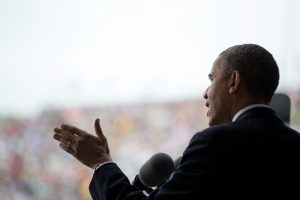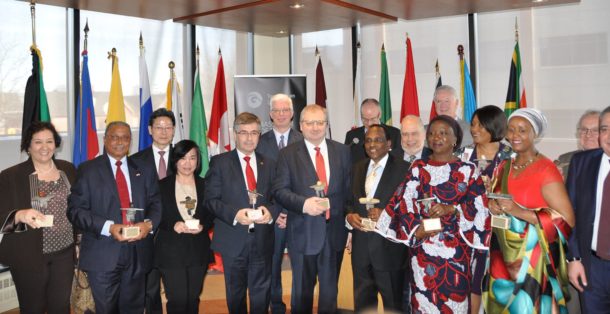Li Aixin, Source: GlobalTimes Published: 2018/11/29 20:09:23
Editor's Note:
Amid thawing tensions on the Korean Peninsula and warming relations between Beijing and Seoul, the Fourth South Korea-China Peace Diplomacy Forum was held in the South Korean capital on November 21. It was co-hosted by Uijeongbu municipal government and the Charhar Institute. Earlier this week, South Korean National Assembly Speaker Moon Hee-sang (Moon) shared his views on the forum and future of Northeast Asia with Global Times reporter Li Aixin (GT)in a written interview.
GT: What do you expect from the series of South Korea-China Peace Diplomacy Forum?
Moon: South Korea and China are friends sharing Chinese characteristics, Confucian culture and the same destiny. They are neighbors that cannot be separated. As part of the Northeast Asian community with a shared future, the two sides should continuously strengthen cooperation, including joint research on the spirit of their national liberation movements.
In addition, intergovernmental collaboration, exchanges between local authorities and people of the two countries are also indispensable. The forum jointly organized by South Korea's Uijeongbu municipal government and China's Charhar Institute is thus of great significance.
Next year marks the 100th anniversary of the founding of the Provisional Government of the Republic of Korea. South Korea's National Assembly is preparing for the upcoming commemoration. The Provisional Government fought for the country's independence and laid the foundation for the legitimacy and democracy of the Republic of Korea. It is hoped that scholars from both China and South Korea can pay more attention to the historic significance of the 100th anniversary of the Provisional Government.
GT: In your view, how have exchanges between Chinese and South Korean think tanks over the years influenced the bilateral relationship?
Moon: Beijing and Seoul formally established diplomatic relations in 1992 and upgraded ties to strategic cooperative partnership in 2008. Nowadays, the bilateral relationship is on an upswing. The bilateral trade volume has surpassed $280 billion. The people-to-people exchanges have exceeded 10 million. Under the global value chain, the two sides have become each other's indispensable partners in the field of trade, investment, economic cooperation and cultural exchange.
Public diplomacy [JB emphasis] promotes China and South Korea's mutual understanding through soft-power activities in culture, education, arts, non-governmental exchanges, etc. It helps people from the two nations to adopt a more positive attitude toward each other. This kind of people-to-people exchanges consolidated the foundation of bilateral ties. Therefore, I believe the South Korea-China Peace Diplomacy Forum and other forms of communication have played a positive role in Seoul-Beijing relations both in the past and at present.
GT: International relations are currently full of uncertainties. How important is it for China, South Korea and Japan, the three major powers in Northeast Asia, to achieve greater consensus and jointly safeguard regional stability?
Moon: The world has gone through several peaceful eras during which it was led by Rome, Great Britain and the US respectively. Now, Asia's era has arrived. As the leading powers in the region, China, South Korea and Japan have the important task of narrowing down their differences, steer clear of controversies, and make concerted efforts to expand economic and trade investment, in order to enhance communication and interactions among the three in all fields.
The three nations established a Trilateral Cooperation Secretariat in Seoul in 2011, which has been promoting various forms of dialogue and cooperation among them. I think such efforts need to be expanded. The three are highly dependent on one another when it comes to human resources, market and manufacturing industry. Cooperation enjoys great potential for innovation and going global.
Competing with each other harboring a hostile intention or zero-sum mindset will benefit no one. Realizing win-win cooperation will not only serve the interests of the three nations but also provide a driving force to the Asia-Pacific region and even the entire globe. It will also promote a peaceful era centered on Asia.
Original Article
South Korean Assembly Speaker underscores need for China, Japan and South Korea to build consensus
Views: 0












